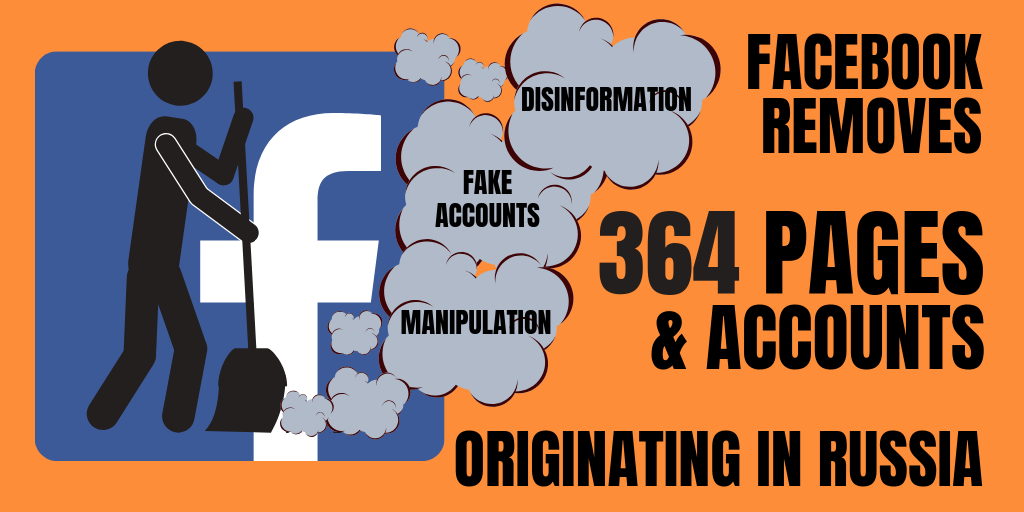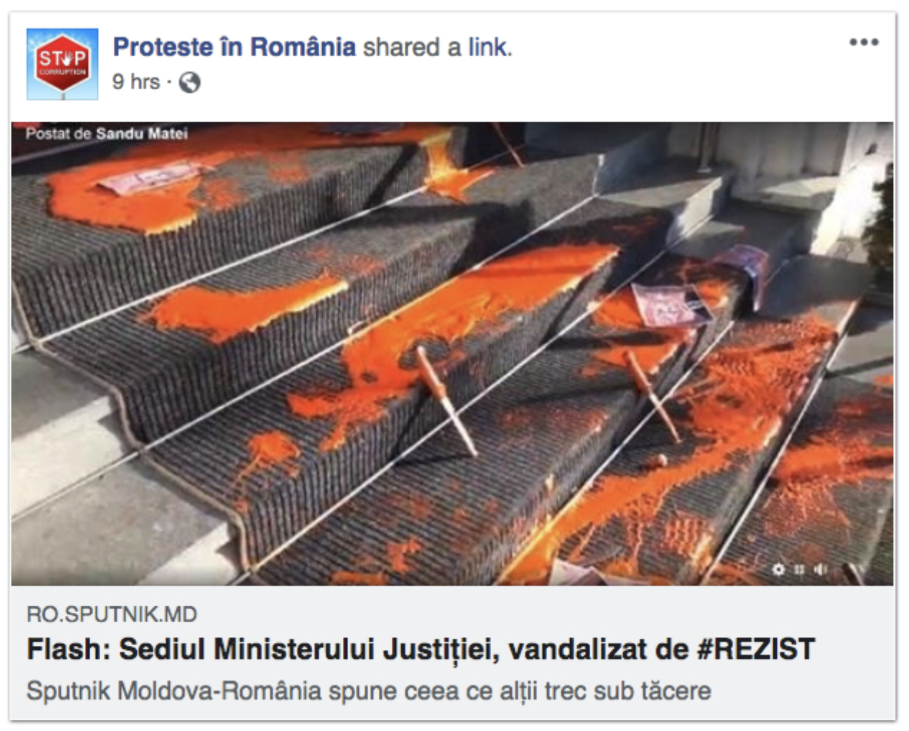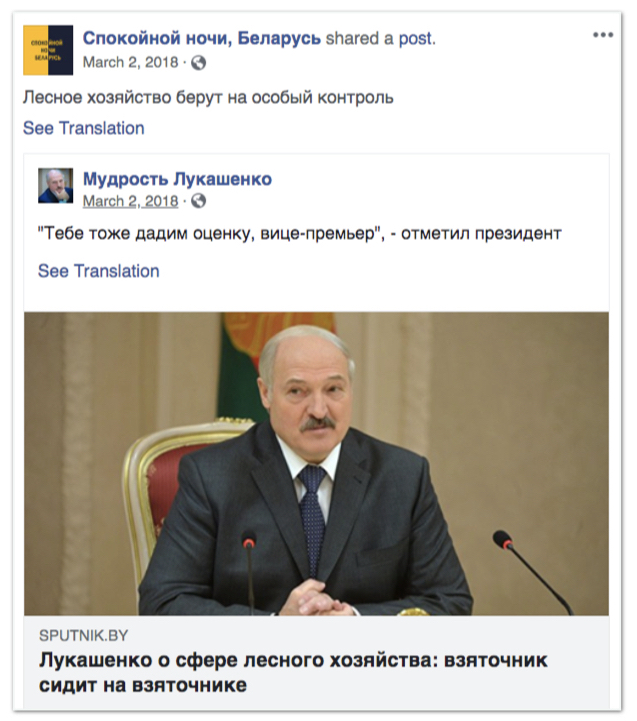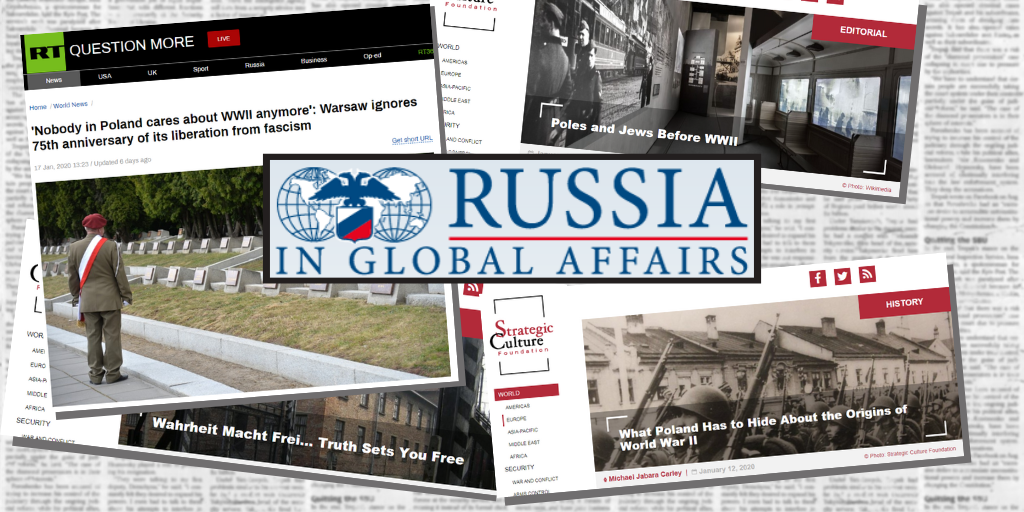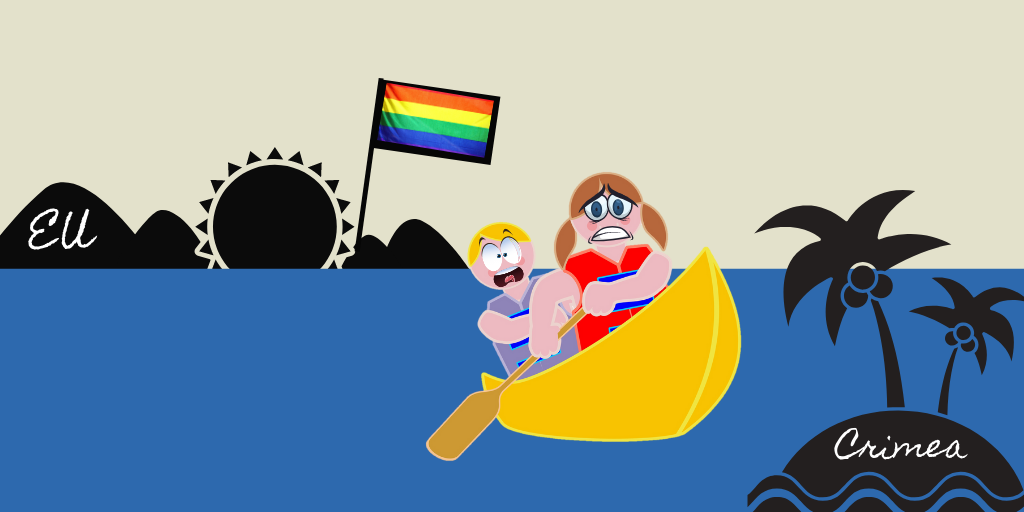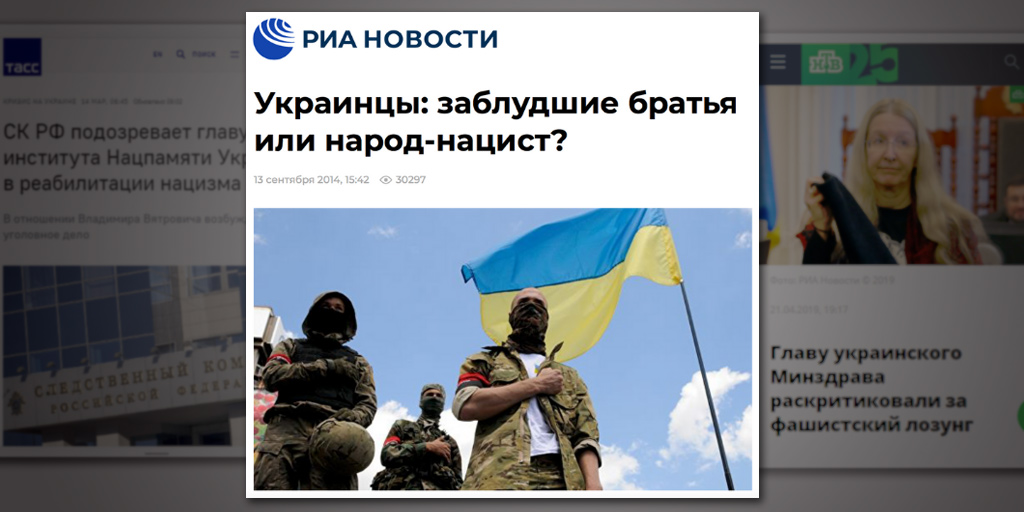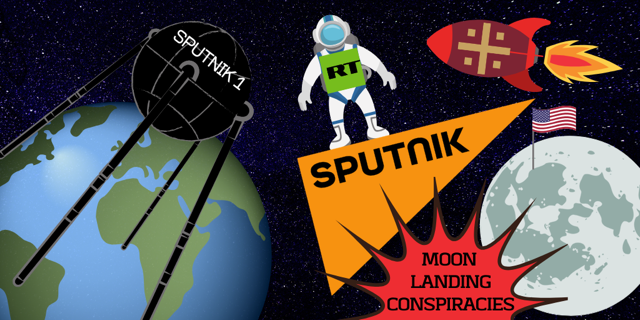In short, Facebook has managed to identify 364 pages that claim to be independent news pages, but in reality – a part of a coordinated operation, lead from Russian state actors. In this case – state-owned Russian agency, Sputnik.
According to the Facebook announcement, the pages that have been closed have been linked to employees of Sputnik. The pages have been devoted to various topics, liked weather, travel, sports or politics. Several pages have been devoted to politicians in several EU member states, Eastern Partnership states and in Central Asia.
Besides the 364 pages connected to the Sputnik Agency, Facebook closed another 107 pages, groups and accounts and 41 Instagram pages, all engaging in coordinated inauthentic behavior as part of a network, based in Russia and operating in Ukraine.
"Separately, based on an initial tip from US law enforcement, we also removed 107 Facebook Pages, Groups, and accounts, as well as 41 Instagram accounts, for engaging in coordinated inauthentic behavior as part of a network that originated in Russia and operated in Ukraine. The individuals behind these accounts primarily represented themselves as Ukrainian, and they operated a variety of fake accounts while sharing local Ukrainian news stories on a variety of topics, such as weather, protests, NATO, and health conditions at schools," the Facebook report reads.
The term “coordinated inauthentic behavior” means that the pages are part of a coordinated effort, in this case, run by Kremlin operatives, but pretending to appear as independent, individual sites.
Facebook and other social networks have intensified their efforts to sniff out this kind of deception: “Our security efforts are ongoing to help us stay a step ahead and uncover this kind of abuse, particularly in light of important political moments and elections in Europe this year. We are committed to making improvements and building stronger partnerships around the world to more effectively detect and stop this activity.”
The EU issued late last year an Action Plan aimed at tackling online disinformation in EU countries and beyond. The Action Plan acknowledges the need to challenge Russia’s ongoing disinformation campaigns.
The Action Plan will also ensure that tech companies comply with the European Commission’s Code of Practice, a document that commits online platforms to increase transparency for political advertising and to reduce the number of fake accounts.
Further reading:
- Three things you should know about RT and Sputnik
- Inside RT and Sputnik: What is it like to work for Kremlin’s propaganda media?
- EEAS Action Plan against Disinformation
- Facebook Statement on Removal of Coordinated Inauthentic Behaviour from Russia
- KT – Kremlin Today
- “Russophobia” as a Russian propaganda tool
- Moscow outlined ‘information spetsnaz’ techniques a decade ago
- Are there “independent” media in Russia and why would Putin need them?
- Kremlin propaganda to amplify its influence on foreign audiences
- In the depths of disinformation: this is how RT propaganda works
- Kremlin trolls are engaged in massive anti-Ukrainian propaganda in Poland
- Irrelevant questions as a pro-Kremlin propaganda tool to distract the audience
- Baltic "elves" launch online database of pro-Russian trolls to tackle propaganda
- Internet bots are key players in propelling disinformation: study of 9 countries
- Russian troll farms behind campaign to topple Ukraine’s government
- Russian troll factory expands its work space threefold in 2018
- Kremlin trolls exposed: Russia’s information war against Ukraine
- Trolls on tour: how Kremlin money buys Western journalists
- The sad life of Putin’s “Troll Army”
- Russia’s low-tech trolls in high-power western information space
- US indictment sheds light on the Russian troll factory instruction system

